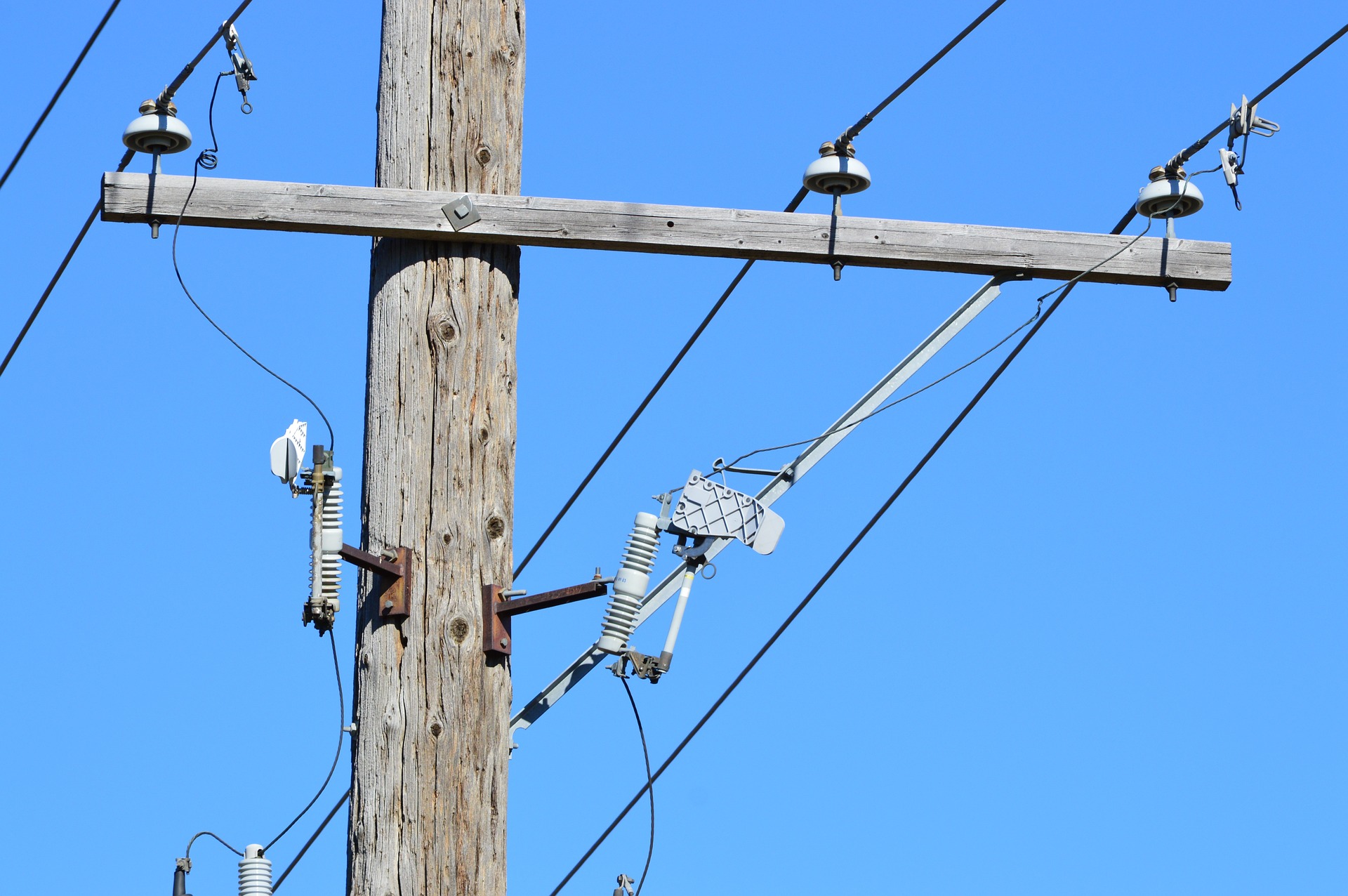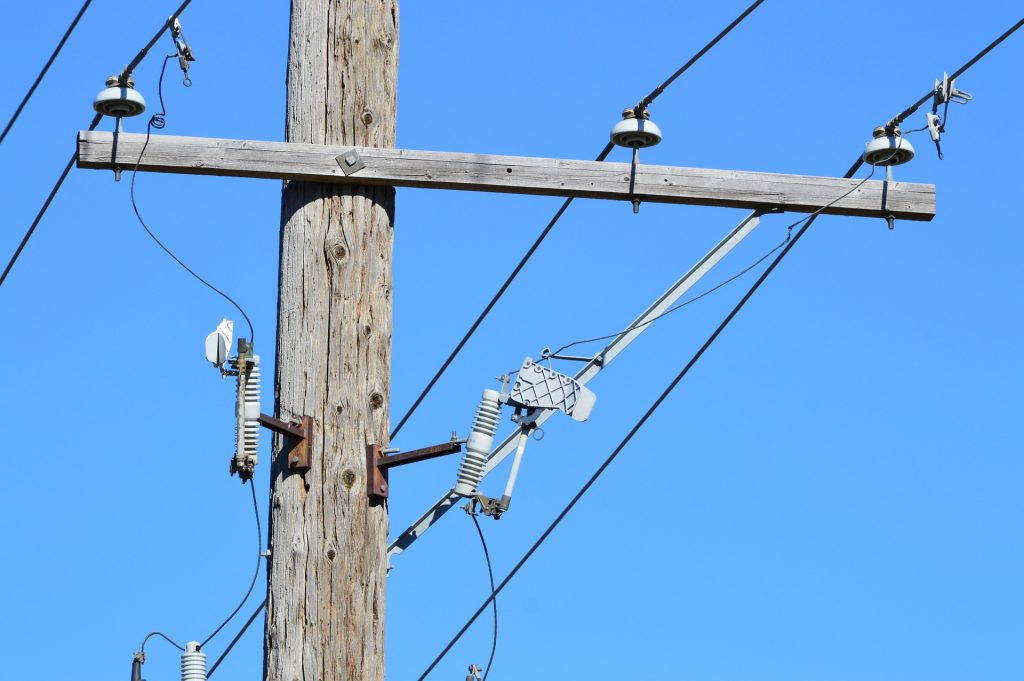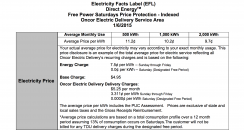
To make it easier to pay your electricity bills on time, many electricity companies in Texas offer a level-payment plan. Sometimes called Budget-Billing or Average-Billing, level-payment plans establish a single, predictable monthly payment amount to cover your projected electric-use costs for an entire year. While this means that some months, you will pay for more electricity than you use, you will be protected from the sharp spikes in payment that extreme hot weather and bitter cold can bring. Your regular payment keeps you covered.
This is one more way Texas electricity suppliers work to make paying your bill manageable. Not all plans are exactly the same, so ask your supplier what it offers, to determine whether the level-payment plan strategy meets your needs. Be aware that some plans may have a 2-year term, rather than a 1-year term; ask about your options.
Advantages and Disadvantages of Electricity Payment Plans
For many households, level-payment is a great idea. Since you are making a commitment of at least one year, however, it’s important to look at the factors that make it a great deal or a less desirable way to exert the control you want over your electric expenses. Here are some things to think about when you’re trying to decide about level-payment.
- Your overall income–steady. Level-payment makes sense whether electric power is easily affordable or a serious budget item every month. If your income is essentially the same every month, level-payment can be a good fit, offering a predictable payment from predictable incoming funds. This can apply whether your income comes from an annual salary or fixed-income benefits. Level-billing can add to your ability to forecast and plan for other major expenses. If you have a large, long-term goal in the near future (home renovation, purchase of new vehicles, a big trip), controlling expenses can help you save for your anticipated goal.
- Your overall income—cyclical or irregular. Jobs related to natural resources, agriculture and construction have long been known for their seasons. For parts of the year it’s work-till-you-drop and bank-all-you-can, because there are also regular times when the job market is as quiet as an empty library. As increasing numbers of new kinds of jobs take on the characteristics of the gig-economy, seasons may be shorter and less predictable. You may have less ability to control them. Level-payment can be a good thing on the upside and bad on the down. Probably the best way to make a good decision is to hold a quiet internal audit. You need a year’s worth of pay stubs, a year’s worth of electricity bills and a simple monthly-calendar grid or chart.
Perhaps it’s straightforward: whatever the work you do, you find more of it and have a higher income during months of extreme weather, hot or cold. That would actually suggest that you might be better off paying your electric bills as they come in. The fluctuations in electricity use and its cost don’t hit you as hard in months of extremes because those are also months when your earnings are higher. Then again, the highs and lows may not line up. Your occupation may not be affected much by the seasons; there may be other factors at play, or it may mean every job’s a hustle. A level-payment plan lowers the pending-crisis stress and frees you to keep hustling. In practical terms, the only way to be sure is to lay out the facts where you can look at them. With luck, such a planning tool will make it easier for you to make other spending and saving decisions.
- When every penny counts. Ask your energy provider plenty of questions before assuming that a level-payment plan is the best solution to your problems. The reason for this is more apparent in the energy plan’s alternative nickname: average-billing. To provide you with high-quality reliable electricity, your provider must have access to good energy sources and, while leveling your costs, is dealing with an independent series of fluctuations in electricity costs that must be shared by consumers to keep the company functioning.
What you and your energy provider have in common is that predicting costs is critical to success. Because supply costs may rise during the year, level-payment plans do not always let you pay the lowest possible charge per kwH of electric power at all times. Electricity companies must project the range of costs, and, if you compare notes with a neighbor who’s just paying the bills that come in, you may find that at times you are paying a higher electricity rate than pay-as-you-go customers. Your decision will have to center around whether predictability matters more than absolute minimum cost. Electricity companies work hard to minimize differences, but there will be times when you are paying a higher rate because of averaging.
- Other circumstances can affect your choice of payment options. Many have to do with whether you are taking the most productive steps to reduce electricity costs. Are you taking advantage of your company’s “free” usage hours, at night and on weekends? Have you replaced incandescent bulbs with more energy-efficient light bulbs? Are your electronics on power-strips, so that they can be shut completely off when not in use? Have you turned the water-heater thermostat down from the factory setting of 140 degrees F to 120 degrees F? The level at which you are actively taking steps to reduce your energy costs can influence your choice of payment plan.
- Take into consideration other aspects of your life-style. Much as families can often say “we always,” gradual changes can have subtle impacts on household expenses. Growing young children or a new baby can mean more time at home, more home cooking and definitely more hot water for bathing and laundry. Having an elderly parent move in may mean increased use of heat and air-conditioning, along with higher lighting levels.

Emptying your nest can mean more travel, and electricity expenses may go down. You may also need to plan for providing electricity to a vacation home. Will your next car be electric? When deciding how you want to pay for your electricity, even the most “always” of families need to compare electricity rates and look over how electric needs have changed, and may continue to do so.









Does a Payment Plan Save on Your Electricity Costs? That depend on how you earn your income actually and do you the devices that use electricity. If you are being more practical you can save it. Don’t just electricity all the time. Once you can get other way to finish thing without using electricity then use it. If really need that is when you can use.